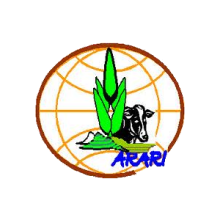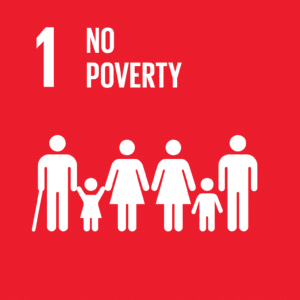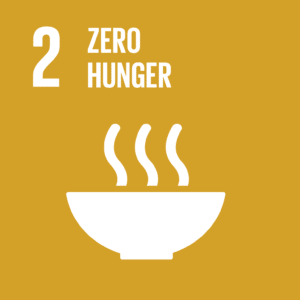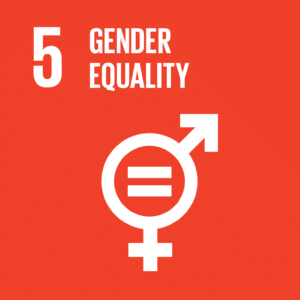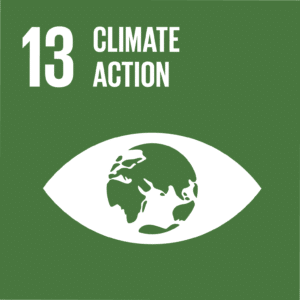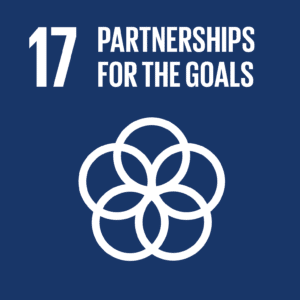Capacity building for climate-smart breeding of orphan crops
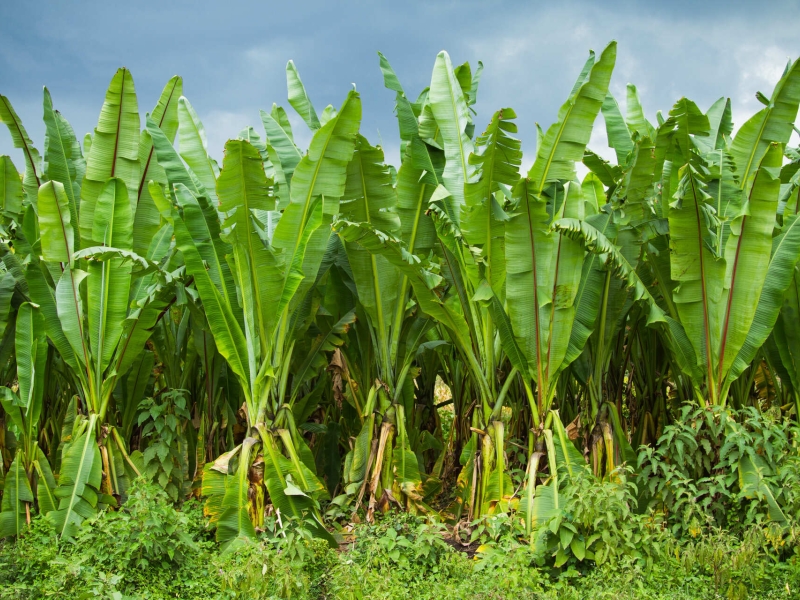
Enhancing the resilience of farming communities to climate change in Ethiopia
The northeastern region of Ethiopia, particularly the province of Wollo, is frequently affected by drought, leading to increased food insecurity for the local population. In this region, sorghum is the primary food crop. Although sorghum is relatively drought-resistant, the severity and frequency of these droughts have become detrimental to this orphan crop.
To enhance the resilience of farming communities, it is crucial to diversify the agricultural system with additional drought-tolerant crops. This is essential to reduce dependence on a single crop and lower the risk of a complete harvest failure.
Adding drought-tolerant crops to the agricultural system
Enset (false banana) and chickpea, like sorghum, are orphan crops that are drought-tolerant. Enset is currently an important food crop in southern Ethiopia, but in the project area, it is primarily cultivated for non-food purposes. Despite their potential, chickpeas are cultivated on a limited scale in the project area. These orphan crops have been under-researched, leading to a lack of knowledge and technologies for efficient breeding. As a result, there are few high-yielding varieties available to farmers.
The cultivation of enset, chickpea and sorghum will be significantly expanded in the project area. Farmers will be trained in climate-smart agricultural practices to increase the productivity of these crops. Researchers from the Bio and Emerging Technology Institute (BETin) will be trained to breed drought-resistant varieties of enset and sorghum, which also includes the selection of these orphan crops. The laboratory will be made fully operational to ensure the use and transfer of these technologies.
By adding drought-tolerant crops into agricultural systems and enhancing research capacity to accelerate the development of climate-smart crop varieties, the resilience of farming communities against the impacts of climate change is strengthened.
At least 1,000 farmers will cultivate enset as a food crop within their agricultural systems. Additionally, at least 10% of their cultivation area will be expanded for chickpeas and the yield of sorghum will be increased by 30%. Furthermore, five scientists from the Bio and Emerging Technology Institute (BETin) will be trained in the breeding of enset and sorghum.
Want to know more about this project?



